
Each specie plays an important and different role in the ecosystem, and it is undeniable that humans are to blame concerning the increasing number of endangered animals and even extinction of hundreds of species annually.
The data from WWF (World Wildlife Fund) is frightening: if we consider that there are 100,000,000 different species on Earth (keep in mind that new species are discovered every year), and that the extinction rate is 0.01% per year, then we are losing 10,000 species a year!
The proliferation of industry, pollution, massive agriculture and deforestation are the main causes of habitats and animal’s food loss. In addition, animals life’s are further complicated by smuggling and capturing exotic animals for sale in underground markets.
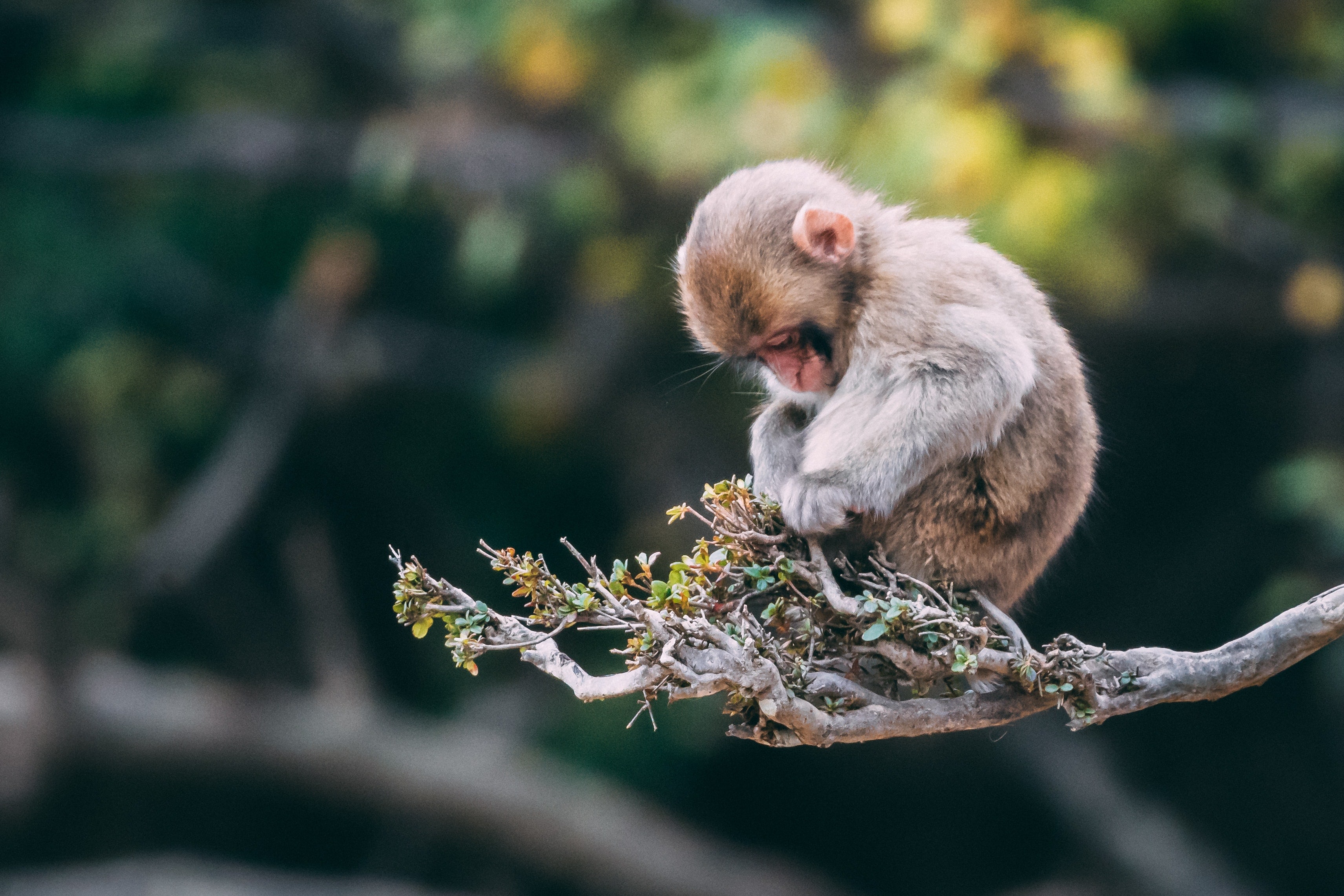
If humans have led the animals to this situation, it is time for humans to save the animals. Simple local actions have a global impact. These are our tips to help save wildlife:
1. Adopt.
Bring the family, group of friends, or class together and symbolically adopt an animal in organizations like WWF, which we mentioned above. Significant funds, which are used to save animals, are raised through adoption channels.
2. Give away.
Who would say that helping can save you the trouble of deciding what to offer on formal occasions? Donating on behalf of someone is a considerate gift to the animals and the person to whom you will offer. Organizations like WWF create custom e-cards that can be delivered physically or digitally.
3. Volunteering.
You can be part of the upcoming change to these animals. No, won’t be necessary to travel another continent! Very close to you there are, for certain, organizations that protect the wildlife.
4. Visit.
Similar to previous tip, visit parks, sanctuaries and wildlife protection organizations near you. Ask how you can help and contribute directly.
5. Clean up.
Picking up trash can almost become a therapy. A bottle, a can or a cigarette is a danger to thousands of species. Not being indifferent is as important as not throwing garbage away. Mint Beach has created a challenge: spend a few minutes of time picking up trash, on the beach or in town, take a picture and share it with the hashtag #mintbeachmovement.
6. Buy consciously.
Whether personally or as a company, seek to know the origin of the products purchased, ensure that they do not interfere with ecosystems, nor are they tested on animals.
7. Think before you use.
There are products that seem harmless and even fun. But they are true animal traps. Read about them, and especially about what happens after you use them. A practical example is the LED balloon drop – can you imagine what happens to the birds that are caught in its plastic?
8. Report.
If a neighbor has an illegally acquired exotic animal, you should report it. By making the case known to local authorities, you are protecting not only that animal but dozens of others.
9. Speak.
Share your passion for wildlife on social networks and teach everyone around you how to make environmentally friendly choices. If you captivate them, they will do the same with other friends and family. Similarly, you can address your concerns to political representatives and push for positive change. And so there will be more people making a difference.
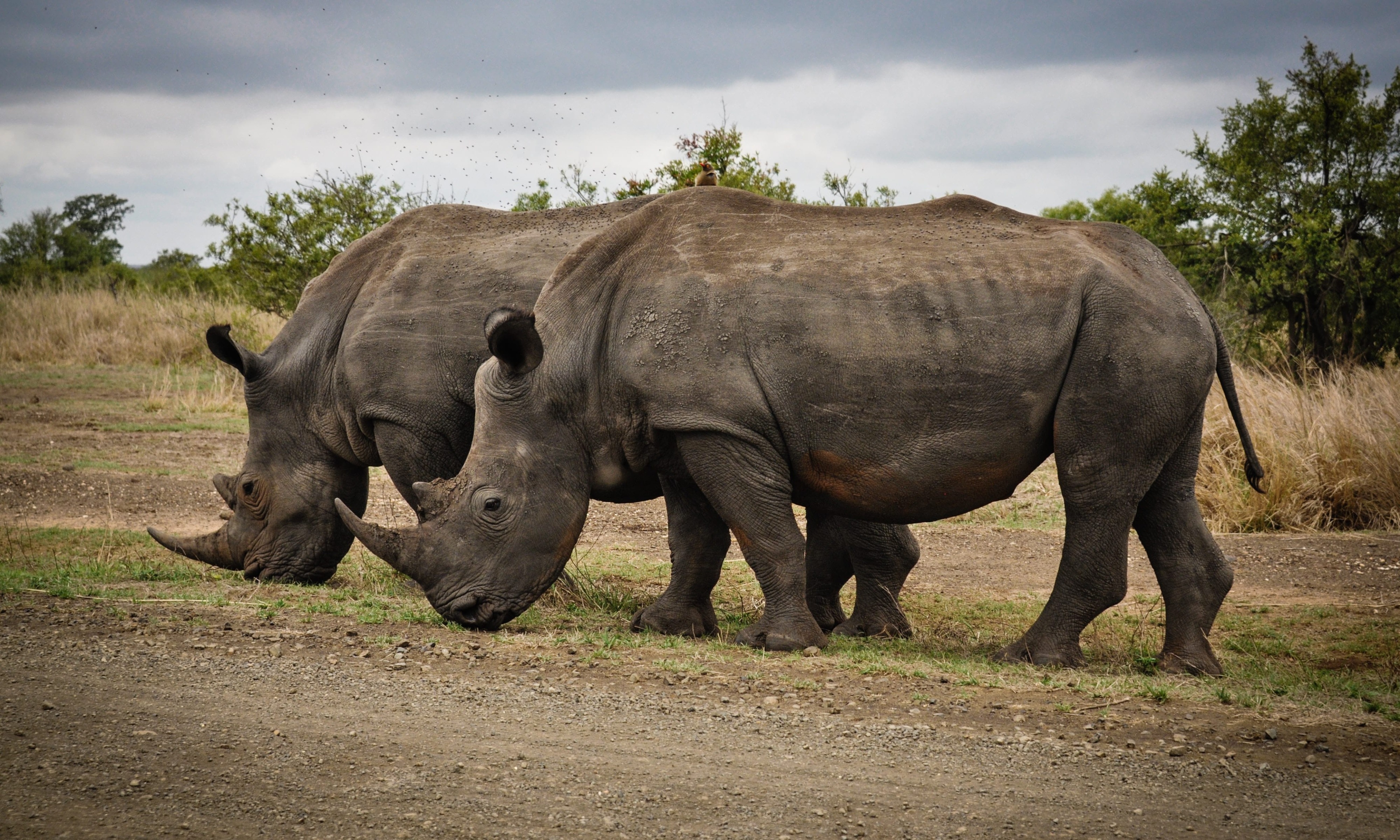
In recent years, the planet has forever lost many species in different ecosystems, such as forests, mountains, reefs, savannas and even cities. Will you help reverse this situation?
Our #NatureMatters collection, in collaboration with artist GUELDOIT, features endangered animals such as the African elephant and giant Asian pandas. Wearing any of these t-shirts is a daily reminder that every year dozens of species are lost because of human greed and ignorance. It's also a statement to all the people around you – that you chose to protect and warn.
We count on you. The animals count on us.

 PT
PT
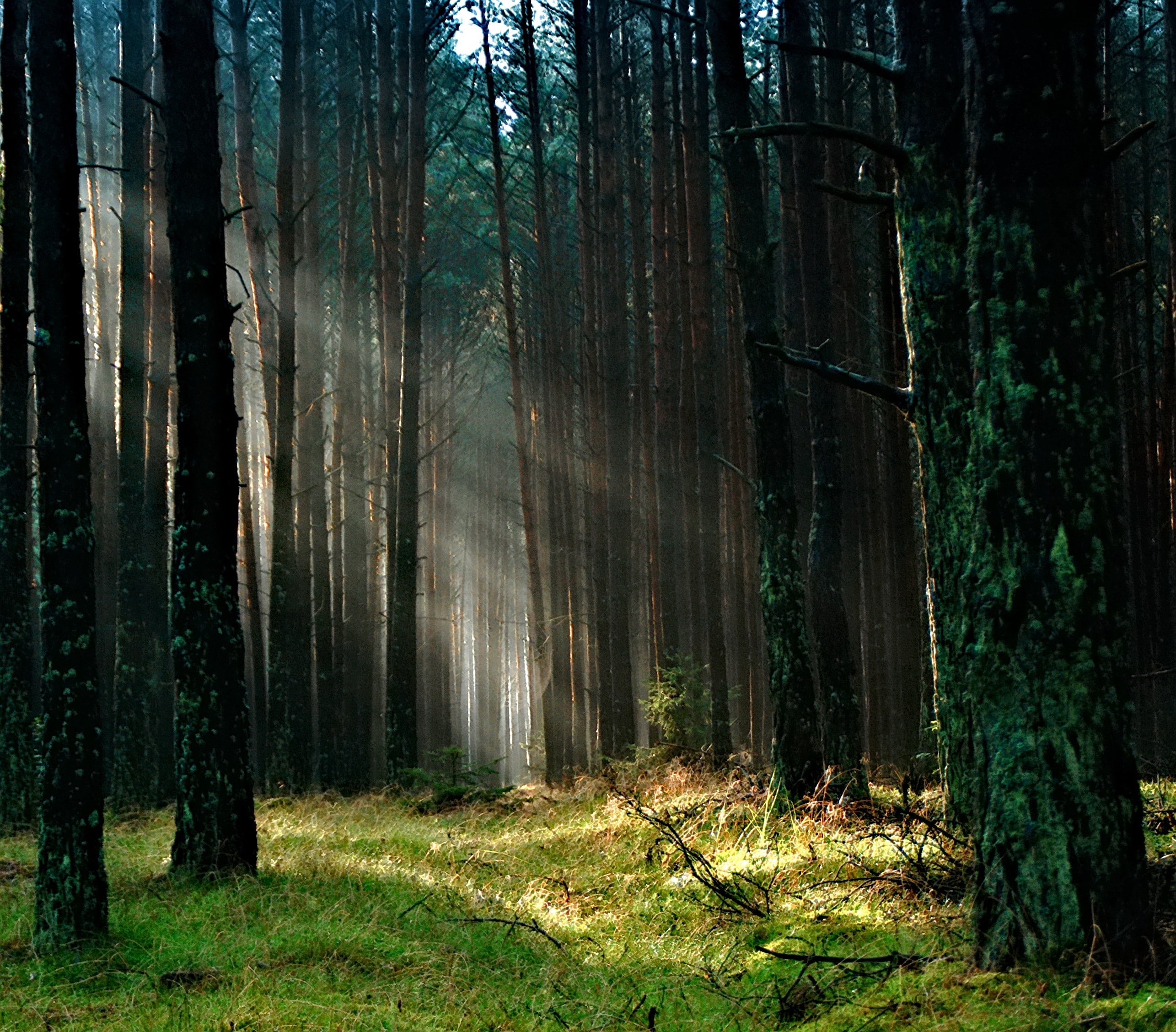
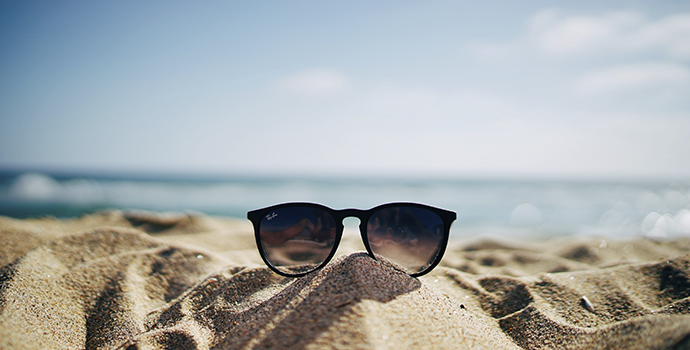
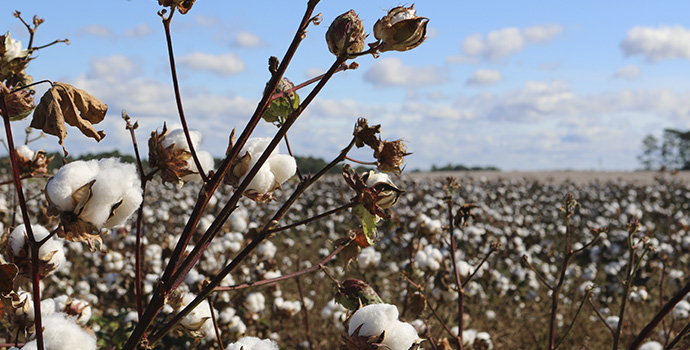

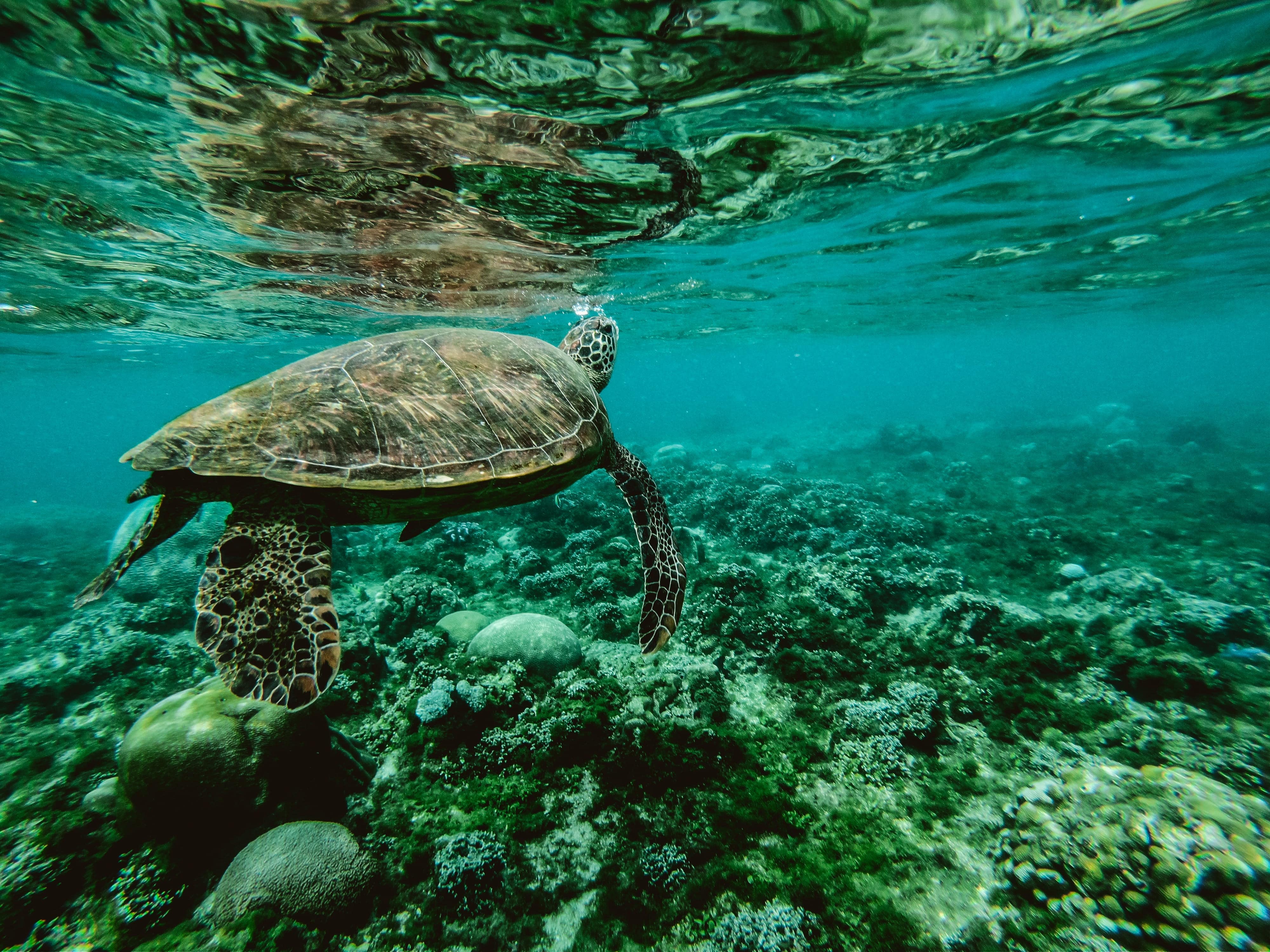
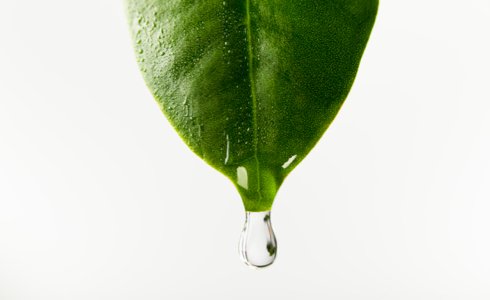
1 Item